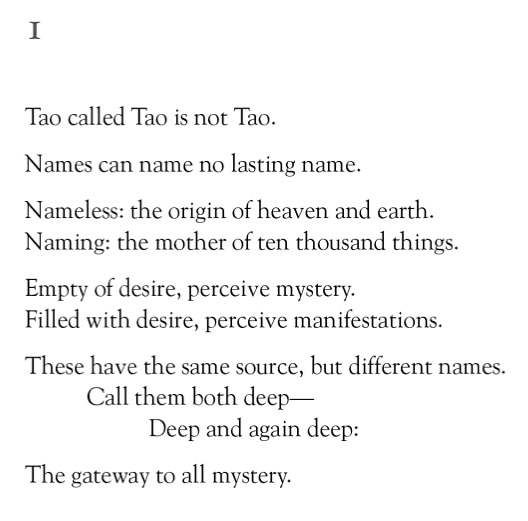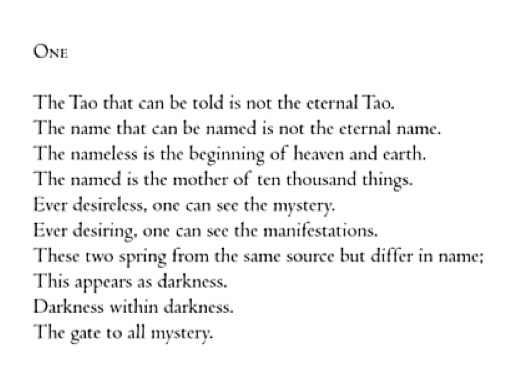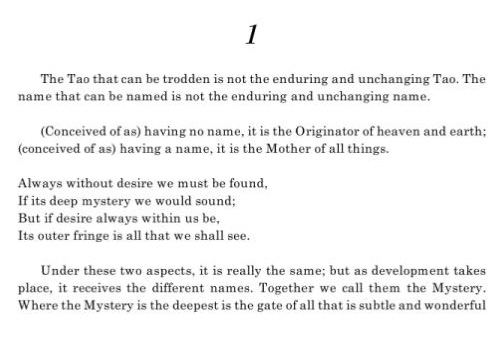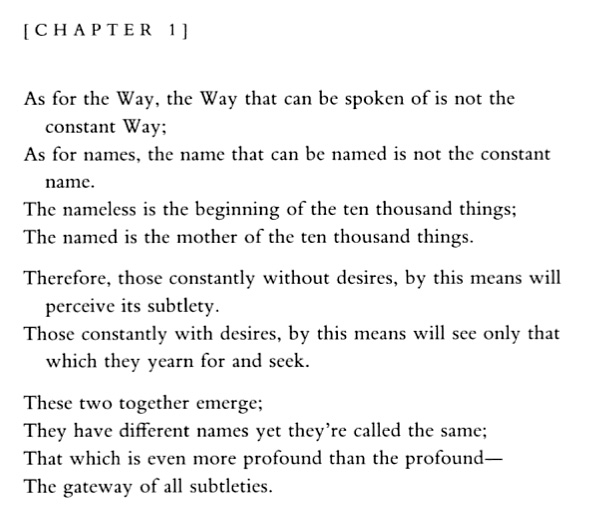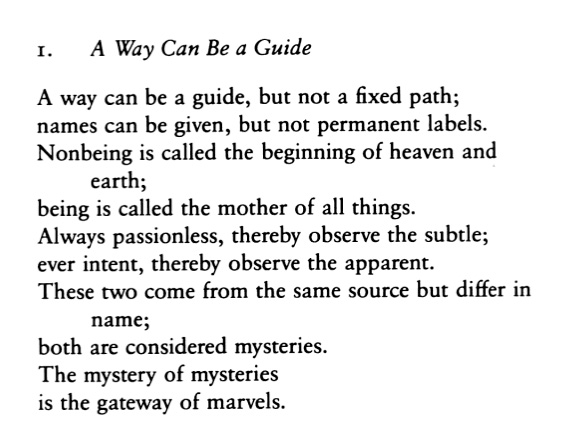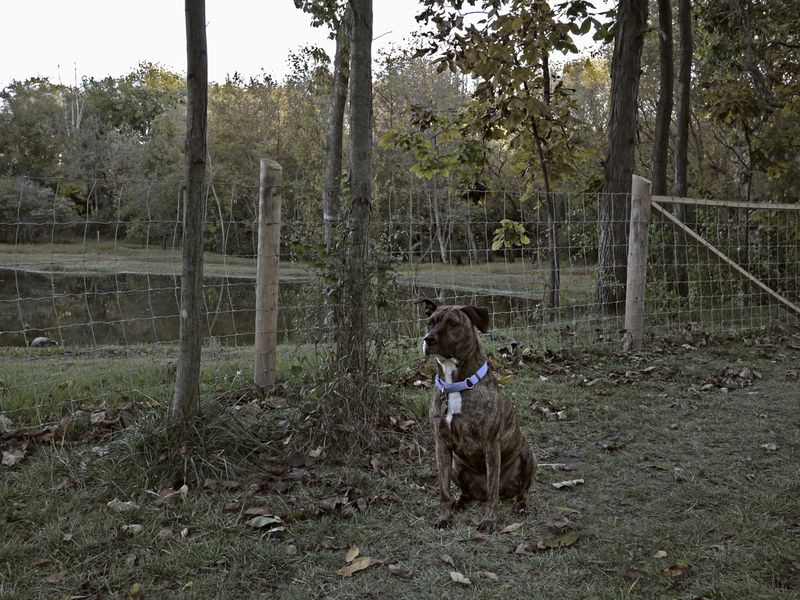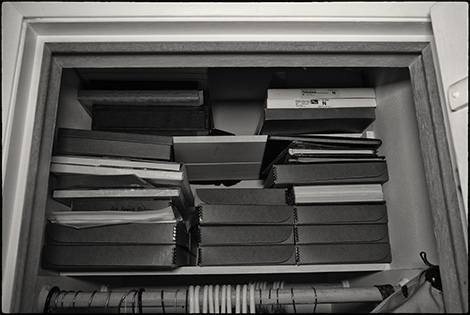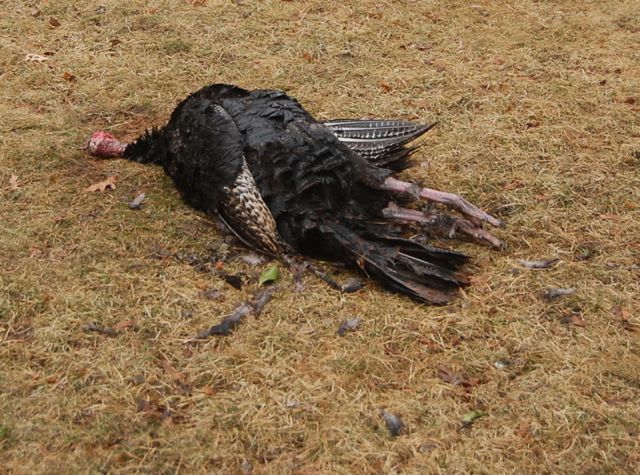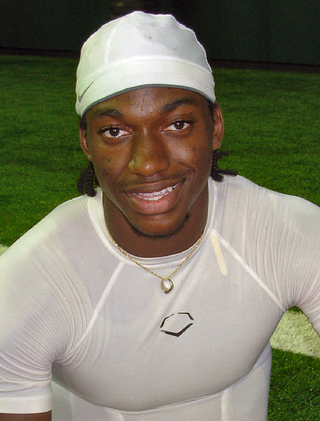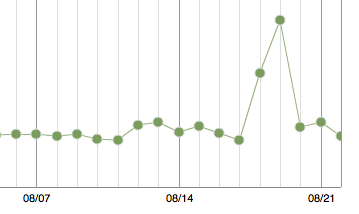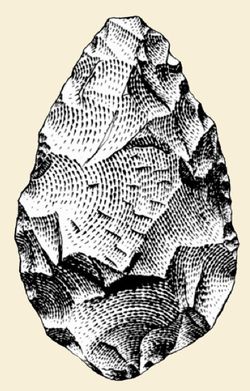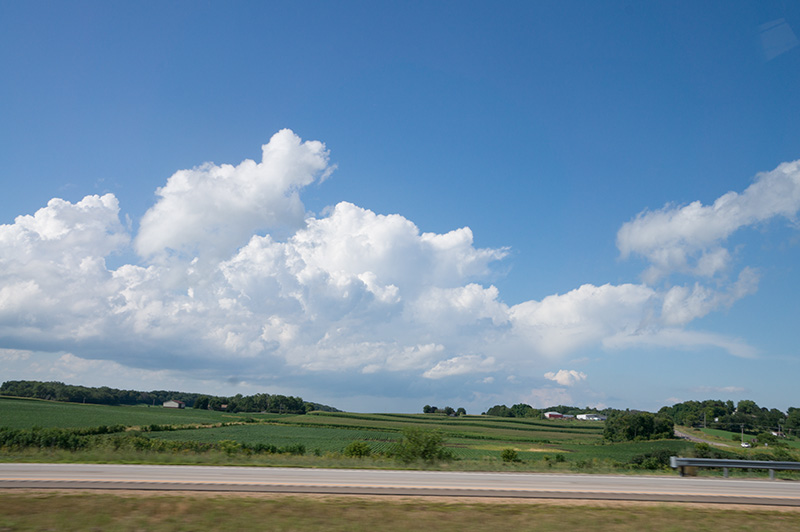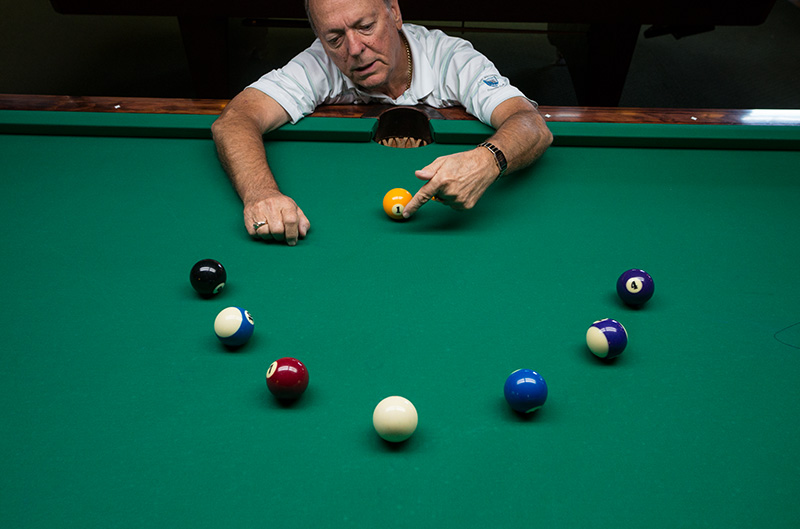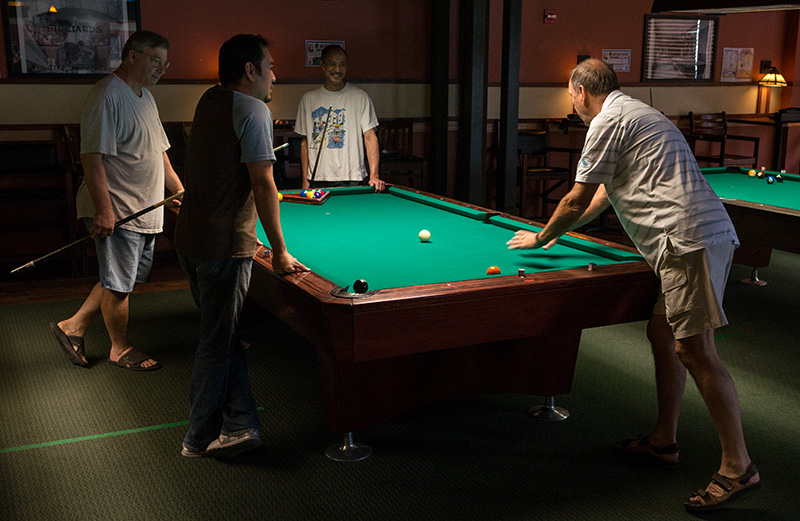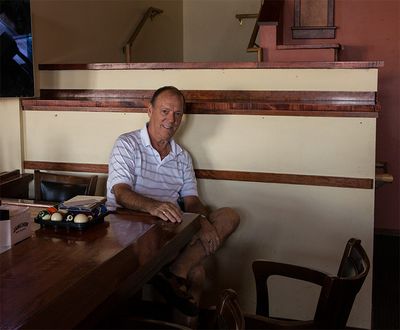This isn't going to be a long post, I hope. And please—I'm not lecturing to anyone. I'm merely describing what I'm doing. A personal matter, for me as it is for you. If I sound terse, it's only because I'm trying to cover a lot of ground in few words. (I didn't even get into the behavioral issues, which could easily double the size of this post.)
A while back I got fascinated by the obesity epidemic in America. I had reached a high point (or low point!) of 267 pounds (I'm 6' 1") and it seemed pretty clear that I was cruising toward 300. Within a relatively short period of time—well under two years—I read some 50 books on the subject. Along the way I tried many experiments on myself, including a liquid diet, a no-sugar diet, and Weight Watchers.
My general conclusion is that human science currently knows relatively little about human nutrition. We're in a period of darkness and ignorance, approximately equivalent to the state of epidemiology before the theory of germs was discovered, and our understandings are simpleminded and incomplete. This is why so many theories can compete, inconclusively. (I could write a whole disquisition on this idea as well.)
My motivation is simply to try to give myself a decent shot at
reasonable longevity: you just don't see very many obese 80-year-olds. I
don't want to go sailing towards old age burdened with a lot of excess
weight. Also, I have sleep apnea, and "losing weight" was one of the
treatments the doctors suggested.
I stopped reading the books when a) new ones were so much "more of the same" that I found myself simply skimming them, and b) the literary formula of the genre had become completely transparent. (The formula of a diet book goes, very roughly, promise, problem, author's personal testimonial and bonafides, The Solution, supportive scientific gobbledegook supposedly proving the efficacy of the solution, specific recommendations and encouragement, success stories.)
The "promise" is the absolute bedrock of any halfway decent diet book: this book is going to make you svelte, good-looking, popular, healthy, and happy. This book holds the key. And virtually every diet, no matter how crazy, has succeeded for somebody, somewhere.
Unfortunately, I, on the other hand, have no promise for you, and I think you probably shouldn't follow my diet. I think each person's weight-loss plan has to be custom-tailored to their individual circumstances, weaknesses, lifestyle, and tastes. (And beliefs, probably, but I won't get into that too much.)
However, I do think there are a few keys you might find useful. Note the emphasis on "might." These are a few basic principles I distilled out of my reading for my own benefit.
1.
A diet can't be torture. Self-inflicted torture isn't sustainable. It inevitably must reach a stopping point. And when you revert to your old unregulated habits you'll gain the weight right back again (as I did after my liquid diet. It worked, but it was utter misery. I thought about food and self-control all day every day. No good.)
2. "Craving" is the cause of the obesity epidemic in my opinion. The food industry has created heavy cocktails of salt, sugar, and fat (not coincidentally the title of the best book on the subject) in a great variety of forms and formats, and commercial distribution has made these not only widely available but virtually unavoidable. Consider a few examples amongst a sea of them: ketchup could be considered sugar sauce; sushi (sushi is the rice, not the raw fish often eaten with it) is made with a sugar and vinegar solution; if you emptied a grocery store of all the products that unnaturally contain added sugars, the aisles would be almost bare (you almost cannot find any brand of bread, soup, or peanut butter, among many other product categories, that don't contain added sugars); and you can buy a single "Baby Ruth" candy bar that contains a quarter of the entire calorie allotment you should eat in an entire day and more sugar than you should consume in a day—and you can buy it at office supply stores, hardware stores, or the gas station, among many other completely inappropriate places.
Just start to notice, if you haven't already, a) the size of candy or dessert products offered, b) the amount of them on display, and c) the variety of places they're for sale.
Wheat also triggers or contributes to cravings in many people. A good book if you feel you're addicted to breads and cakes is Wheat Belly by William Davis, M.D., a cardiologist who noticed in treating people for celiac disease (wheat intolerance) that weight loss was a side effect of eliminating wheat in the diet. (It was one of the books I skimmed.)
by William Davis, M.D., a cardiologist who noticed in treating people for celiac disease (wheat intolerance) that weight loss was a side effect of eliminating wheat in the diet. (It was one of the books I skimmed.)
Grossly overdosing on these substances, especially (for me) sugar, not only engenders a craving for more sugar but transfers to other foods as well. That is, if you grossly overeat sugar, you'll crave more food of all kinds. (Ask yourself a simple question: have you ever felt "full" or overstuffed, and yet were still experiencing a strong desire for more sweets or more food? Well, that's not "hunger." That's craving. I would be willing to bet that the vast majority of obese and morbidly obese people haven't felt actual hunger in a very long time.) The hardest job of a diet is to control cravings, so that your body's natural tendency toward maintaining equilibrium can gradually be restored.
3. Most popular trusims about diet are wrong, from "move more, eat less" to "calories in, calories out." A good "deep" primer on this is Gary Taubes' Why We Get Fat and What to Do About It. If you think diet is just a matter of calories, I suggest you subsist on 2200 calories of sugar water a day, and I'll choose 2200 calories of fresh vegetables and lean meats. We'll see who's hungrier from day to day and who's in better health six months from now. And if you think exercise is the solution to the obesity epidemic, consider that marathon runners on average weigh significantly more than their counterparts did forty years ago. Exercise is essential to your health for a great many reasons, but weight loss is not one of them. Weight loss is mainly a matter of diet, i.e., what you eat. Even the widespread idea that you must "eat more fruits and vegetables" might be wrong: if you have developed a deeply ingrained craving for sugar, you shouldn't eat a lot of fruit. Many is the "dieter" who temporarily suspends sugar-gluttonly for a diet very heavy in sugary fruits.
4. Understanding the basics of blood sugar, how your body controls it, and its effect on your health, mood, and energy level is essential. Getting a decent handle on the glycemic index and glycemic "shock" or "bounce" is crucial to your success. A good introduction to this is Rick Gallop's pleasant and practical little book The G.I. Diet. The science of this stuff gets very heavy very quickly, and understanding the state of the science isn't going to help your diet. Take the wisdom and let the scientists worry about the science.
5. Americans have a persistent "medicinal" approach to dieting, as if there is a "secret" to it. We have a strong cultural tendency to believe that either eating some specific substance or set of substances, or not eating some specific substance or set of substances will be the magical cure-all. My belief is that this is wrong. A good diet doesn't have to revolve around eating or not eating any particular kind of food. Consider that both the Mediterranean diet (high carbs, low fat) and the Atkins diet and its many offshoots (high fat, low carbs) can work.
Of course, there is a corollary to this principle, which is that we now eat a lot of things that aren't actually food. They resemble food, but they're not—they're faux food. I honestly think, for instance, that eating at any fast-food restaurant more than once a month is not a good idea, and one soft drink a week is too much. Those things are just not really fit for human consumption. On the other hand, virtually nothing not poisonous will kill you if you ingest it infrequently enough. Two Twinkies after every meal is a bad idea. Two Twinkies a year won't kill anybody.
One book that I did enjoy and continue to use, even though it leans a bit too much toward the magic-bullet, food-as-medicine approach, is The 150 Healthiest Foods on Earth by Jonny Bowden. It surveys and summarizes the opinions of a number of nutritionists on the subject in the title.
6. This was the final key in the puzzle for me: You've got to give your stomach something to do. I read this somewhere, and I regret that I can't tell you where. It just locked me on to the solution to the problem in principle no. 1 above. Make sure your stomach has something to work on, and you won't be uncomfortable. The classic proof of this is a photograph of the equivalent number of calories in table sugar and in raw broccoli. I regret I can't find the illustration, but as you might imagine, it's a small heap of sugar and a very large heap of broccoli. Your stomach will be much happier with the latter.
• • •
So anyway, here are a few of the peculiar-to-me things I needed to cope with:
- I'm a bad cook, and don't really like food very much.
- I'm not hungry in the mornings, or through most of the day; I get ravenous at night. That's when I really need willpower and a coping strategy. YMMV.
- I don't have the energy or the enthusiasm to shop for and prepare elaborate meals, and my energy for it ebbs as the day goes on. On the other hand, I work at home and don't need to eat out a lot, which is an advantage. I originally started out eating my two abbreviated meals during the day, then having a big dinner; but it just didn't work, because I didn't have the energy to cook at night. So I switched the "main meal" to mid-day, which helped greatly in my case.
- I have a longstanding and pronounced "sweet tooth." This has been a big challenge for me. It took me more than a year to get used to coffee without sugar, for example. (Now, I really no longer like coffee with sugar.)
So I developed what I call my "Gruelandgrass diet." Anticlimactic drumroll:
First meal: After my two mugs of coffee, I have half a cup of "gruel" every morning (a.k.a. porridge, a.k.a. oatmeal), which I eat with cinnamon, 1 packet of Splenda, and one level teaspoon of sugar.
Second meal: Then, I fix a good meal for myself in the "middle" of the day (typically 3–4 p.m. in my case), when I still have sufficient energy to motivate myself to cook.
I don't put a limit on how much I can eat at my midday meal.
The rules are that it has to be made from ingredients (that is, not from
a package); it has to include a vegetable;
it has to contain some fat; it has to go easy on wheat and dairy; and I
watch my portions of meat. Most days I have half a ham or turkey
sandwich using high-fiber bread, a bowl of some sort of vegetables, and a bowl of soup, because that's easy to fix.
And I'm not allowed more than 25g sugar in my "dessert," which I'm
careful to eat right after the meal (again, to prevent glycemic rebound. I continue to eat about 44g of sugar a day, even though sugar is the
main source of cravings and also my personal weakness. I'm aware that I
should probably cut it to about 30g, which I think is about the optimum
level for me. Cutting out sugar altogether isn't particularly good for
me; it makes me feel mentally fuzzy.)
But when and if I want to, I'll fix myself as elaborate a midday meal
as I want: baked salmon, egg noodles, and spinach, for example, or a beef tenderloin
filet, red potatoes, and steamed broccoli. I just often don't want that
much, or am too busy to cook it.
I still do eat out, but I'm careful. I don't eat out too often, or go crazy when I do.
Third meal: Finally, I have a half cup of Uncle Ben's rice and a glass of whole milk at night. Sometimes I mix it with about a third of a cup of wild rice (wild rice is a member of the grass family, whence the name "gruel and grass.") I use various sauces for the rice, for variety. Very occasionally, I substitute a baked potato for the rice, as a bow to Dr. Kathleen DesMaisons and her book Potatoes Not Prozac. That book is considered politically incorrect (people who take Prozac objected), and her enthusiasm for potatoes as a substitute for sugar was advice she had to back away from, as baked potatoes actually have a higher glycemic index than table sugar(!). The book is no longer in print, but it was important for me, in that it was the first book I read that explained the effect that sugar was having on my health.
It's important (well, for me) that the rice be Uncle Ben's Original converted rice, because its glycemic hit is especially low among rice types.
converted rice, because its glycemic hit is especially low among rice types.
If I "want more" in either the morning or the evening, I'll have either one fried egg or one 4-oz. packet of smoked salmon with my oatmeal, and I can fix myself a mess of any sort of fresh vegetables at night to go along with the rice. Although most nights I simply don't bother.
These "extras" were very important to me at first, when the cravings were still subsiding. There's good news on that front: cravings from habitual excessive sugar and wheat consumption dramatically decline after three days and are largely gone in 10–14 days. Those first two weeks are hard, but it gets a lot easier.
That's it.
I weigh myself once a week on the morning of the same day each week.
My goal is to stay on the diet for 70 weeks, and my target is to lose a pound a week.
So far I've been on the Gruelandgrass diet for 22 weeks and have lost 25 pounds. If anything, I tend to lose weight a little too quickly, and I've had to increase my calories in a number of weeks to slow down the rate of weight loss a bit. I think in general the only flaw of my diet as it's currently constituted is that it's a little too low-cal; I need to build some more calories into it and then not depart from it quite so much. I haven't quite worked out yet how to do that.
There have been a lot of nice effects of this diet. For one thing, I look forward to my main meal more. It's also nice not having to decide what to eat all the time. As I've "gotten off" sugar, normal foods have begun to seem sweeter. And, I just feel better: more clear-headed, more energetic. Finally, my sleep is improving.
Most importantly, I'm never uncomfortable. It's just not torture. I still have to be vigilant about cravings: if I start craving, it's a sure sign that I've let sugar creep into my eating again somehow (that's how I found out about sushi being loaded with sugar!), and I have to find it and cut it back out. The most common causes of cravings are too much wheat or too much sugar. You just shouldn't experience food cravings, and feeling them is a very good clue that something is amiss and needs to be tweaked.
• • •
Obviously, my Gruelandgrass diet is tailored for me, my tastes, my weaknesses, my cooking abilities, my food tolerances, and my schedule. (One thing you might already have noticed in particular is that I have a high tolerance for eating more or less the same thing day after day. And you might not.)
Unfortunately, I'm not recommending my diet for others. I think that to devise a diet that will work for you, you have to educate yourself, analyze yourself and your own needs and tastes, and arrive at your own strategies. It's possible that your problems are similar to mine or that my solutions will work for you without modification. But not too likely.
My "principles" might give you something to think about, however. If there are any ground-level fundamentals you should take away from this post, in my view, they are that a good diet can't be torture and you've got to give your stomach something to do. Which, when you think about it, are different ways of saying the same thing.
Good luck to you if you're trying to lose weight.
Mike
"Open Mike" is when Your Humble Editor goes rogue every week, and writes about something outside of his field of expertise. "Open Mike" appears on Sundays on TOP.
UPDATE 9/19/2013: I actually made some pretty major modifications to my "Gruelandgrass" diet in the aftermath of all the discussion to this post. I decided to cut out dairy (except for about a cup of whole organic milk in my two mugs of coffee in the morning). I've added fresh fruit to my morning oatmeal and a large mixed salad to my evening bowl of rice. For my midday main meal, I've gone completely vegan...except that I add meat. Add rimshot here. But no orthorexia for me; I'm a flexitarian if I'm anything. My target is to eat a small amount of lean meat once a week, alternating poultry, cooked fish, raw fish, and red meat. To those who say this sullies the purity of veganism, well, I'm an omnivore.
The big problem with this supercharged version of my diet that my weight loss has gotten too fast. My target is one pound a week, and in the 18 days since I've made these changes I've plummeted from 242 lbs. to 236. To slow down the weight loss, I've turned to snacks of mixed nuts (11 different kinds)—very good for you in small amounts, but fatty and highly caloric. I hope to regain an equilibrium of slower, steadier weight loss for the remaining 46 weeks of my diet.
Since making these changes I feel markedly better physically—quite noticeably so. I have more energy and feel more clear-headed, and just feel better. Any residual discomfort with the diet is gone—I'm never hungry, enjoy my food, and don't feel tortured at all. I'm more enthused about a healthy diet than ever.
My old motto was "food is fuel," that idea so loathed by foodies. That's not right, though. My new mantra: food is medicine.
Note that all the comments below predate this Update.
—Mike
Original contents copyright 2013 by Michael C. Johnston and/or the bylined author. All Rights Reserved. Links in this post may be to our affiliates; sales through affiliate links may benefit this site.
TOP's links!
(To see all the comments, click on the "Comments" link below.)
Featured Comments from:
Jim: "I'm vegan, have been for decades. Works great at keeping the weight down. I eat only very simple food, minimally cooked. No sugar, no salt. Works for me; but, as you say, food evangelism is just a waste of time and energy. The primary problem with in the U.S. is that we just eat far too much of everything. Even if you are moderately active, it takes surprisingly few calories to maintain weight. I don't think most people will be willing to eat as little as required for good weight control. Congratulations on your continued success."
Speed: "On one hand, I don't agree with much of what you say in the first part. But on the other more important hand, it works for you which is what counts. Congratulations and stick with it."
Tony Ayling: "I've often wanted to comment on your posts over the past few years of reading and enjoying your blog but this is the first time I've actually done it. You are right about diet lore being complex and full of contradictions. However, it doesn't need to be! Just adopt a whole food plant based diet and you can't go wrong. Watch the doco 'Forks Over Knives' [on Netflix —Ed.] and read a really interesting book called The China Study by Colin Campbell to learn about this lifestyle. I won't call it a 'weight loss diet' because that implies that it is something temporary. I've been doing this for about a year and at age 66 I have never felt so healthy and full of energy. The food is tasty, filling and above all healthy. You can eat as much as you like and are never having to rely on willpower.
by Colin Campbell to learn about this lifestyle. I won't call it a 'weight loss diet' because that implies that it is something temporary. I've been doing this for about a year and at age 66 I have never felt so healthy and full of energy. The food is tasty, filling and above all healthy. You can eat as much as you like and are never having to rely on willpower.
"You don't need the dairy and meat that the modern world is addicted to. Here in Australia a couple in their sixties who are both raw food vegans (they only eat raw fruit, vegetables and nuts) are running around the whole country, doing a marathon every day for a whole year. They are currently on day 245 and have passed the 10,000 km mark. How's that for strength, endurance and health! All on raw fruit and veg! Google '365 marathons' to check them out."
Scott Jones: "I am so surprised that after you read Gary Taubes' book Why We Get Fat that you are still eating so many carbs. After reading about the biochemistry of fat partitioning, I am sure that you now know that carbs drive insulin which drives fat accumulation and makes it unavailable for energy use and you may be one of those unfortunate souls that is extremely sensitive to carbs. It is really the only control point that most people have of altering their fat partitioning genetics. Have you tried an ultra low carb diet? (high fat and protein). It seems to work wonders for everyone I know that tries it. And permanently without restricting calories. The medical community is slowly coming around to the realization that Atkins was right...."
Mike replies: Is there a vegan Atkins diet? That should be the best of all.
(Ignore me, I'm just trying to be funny.)

